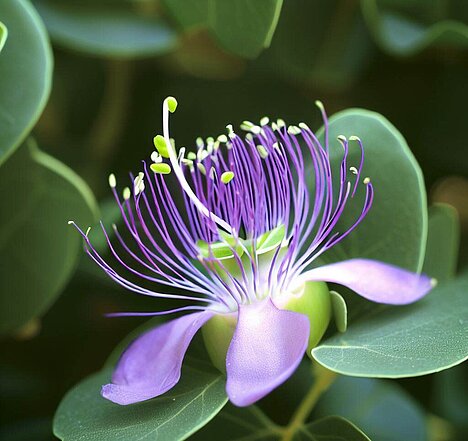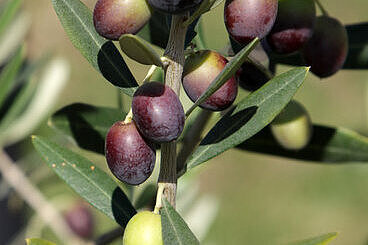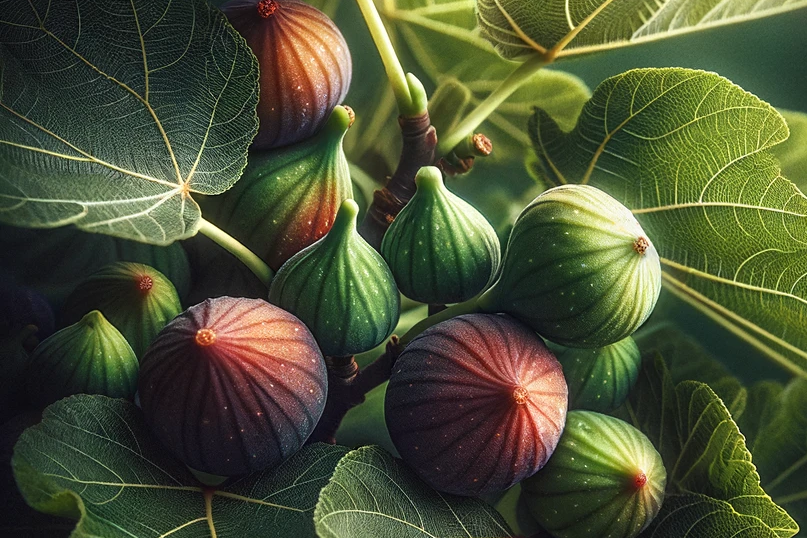True caper bush

What is the caper bush?
The caper bush is a small to medium-sized shrub with thorny branches and fleshy, leathery leaves. It usually grows in dry, sunny locations such as rocks or walls and can live up to 50 years. Its white to pink flowers with long stamens are very striking. The flower buds are harvested before they bloom and pickled in vinegar or brine. They are known as capers and are used as a spice or garnish.
What are the benefits of capers for dogs?
Capers have a number of health benefits for dogs. It contains many antioxidants that can strengthen the immune system and reduce inflammation. It also has antibacterial, antiviral and antifungal properties. It can therefore help with or prevent various infections. Some studies have also shown that caper improves liver function and lowers cholesterol levels. It can therefore also be useful for liver problems or obesity.
What are the disadvantages of capers for dogs?
However, capers also have some disadvantages for dogs. Firstly, the thorns on the twigs are very sharp and can cause injuries if the dog chews or rubs against them. Secondly, the pickled flower buds are very salty or sour and can cause stomach problems or diarrhea if your dog eats too much of them. They can also cause allergies or intolerances if your dog is sensitive to them.
Caper is an interesting plant with many health benefits for dogs. It can boost the immune system, reduce inflammation, fight infections, improve liver function and lower cholesterol. However, it also has some disadvantages, such as thorns, salt content and allergens. You should therefore always make sure that your dog does not eat too much or injure himself.
If you notice any signs of hypersensitivity or poisoning in your dog, you should see your vet immediately. We are not a substitute for a vet, but we try to be as accurate as possible. Every dog reacts differently and we recommend you get a second opinion or consult your vet if in doubt.
Stay healthy and take good care of your four-legged friend!😊
Similar to True caper bush
The olive tree belongs to the olive tree family (Oleaceae) and is one of the oldest cultivated plants in the world. It originally comes from the Middle East and was cultivated in the Mediterranean...
Laurel is the name for various plant species from the laurel family. The best-known species is laurel (Laurus nobilis), which originally comes from the Mediterranean region and whose leaves are used...
The pomegranate tree is a fruit-bearing plant that originated in the Middle East and is now cultivated worldwide in tropical to subtropical climates. It is characterized by its bright red fruits,...
The common fig (Ficus carica) is a fruit that grows on the tree of the same name, which belongs to the mulberry family (Moraceae). Originally from the Middle East, the fig has spread around the...



